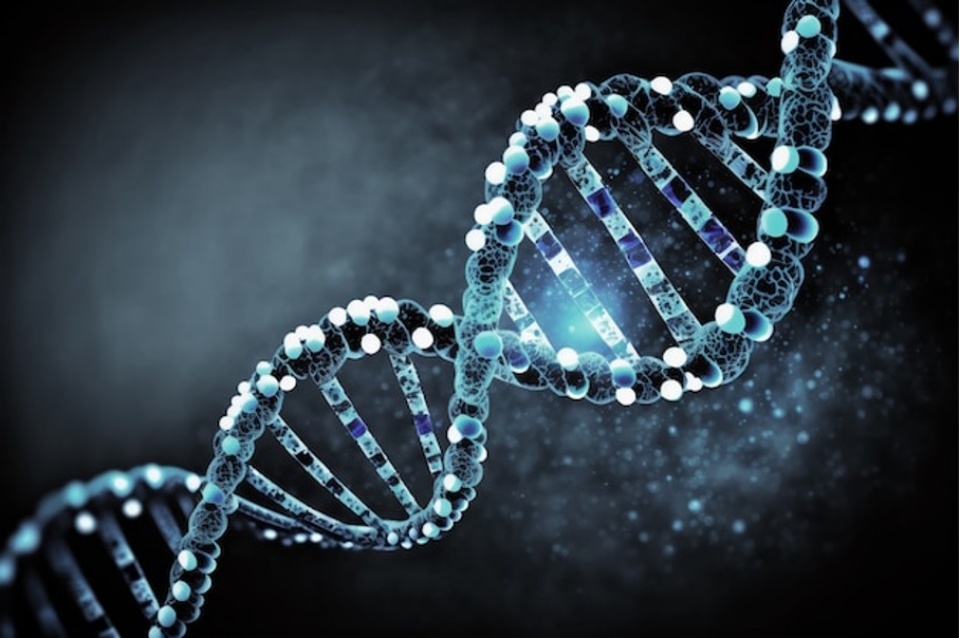Artificial Intelligence (Al) Can Now Intervene and Rearrange Our DNA

Artificial intelligence provides benefits in many fields, from detecting abnormal heart rhythms before they occur to early diagnosis of skin cancer in the medical field. It has taken a step further with a new study and can now intervene in our DNA. But is it safe to allow artificial intelligence to edit our DNA?
Profluent, a company founded in Berkeley, California, in 2022, is researching ways to use artificial intelligence to examine and produce new proteins not found in nature. This year, the team released a protein derived from artificial intelligence called OpenCRISPR-1, achieving significant success in this area.
The CRISPR technology works with naturally occurring proteins to perform DNA editing tasks. Specifically, it uses the Cas9 protein derived from bacteria to open DNA strands to change gene sequences. The Profluent team, believing that artificial intelligence can improve the CRISPR system as it evolves in many areas, created a database of 5.1 million Cas9-like proteins. Subsequently, an artificial intelligence was trained on a large language model database to generate potential proteins that could be used instead of Cas9 in CRISPR studies.
After guiding the system through reducing the results from 4 million sequences, Profluent's team finally arrived at OpenCRISPR-1. The new protein performed as well as Cas9 in tests. Additionally, it was proven to be much more precise, operating almost exclusively where needed and causing minimal residual damage to the DNA chain.
The company utilized artificial intelligence to do what it does best: digest massive amounts of data and reach results much faster than any human could hope to achieve. While some experts may view artificial intelligence interfering with our DNA as dangerous, the research team believes that instead of dubious genetic experiments, the new technology will lead to rapid and accurate genetic treatments for common diseases.
Reference: Ruffolo, Jeffrey A., et al. "Design of highly functional genome editors by modeling the universe of CRISPR-Cas sequences." bioRxiv (2024): 2024-04.
